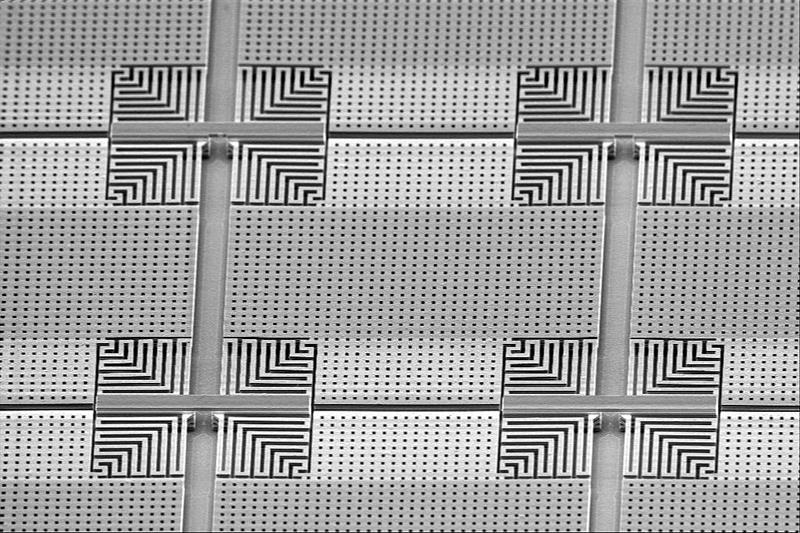Aug 4 2017
One of the major sources of failure for MEMs inertial sensors is said to be stiction, caused by a number of attractive forces that come into play at the micro level. But Spanish company Nanusens claims it has solved the problem by taking a nano level approach.
 Credit: Nanusens
Credit: Nanusens
“Our first silicon nano-sensor samples from Globalfoundries exceeded our expectations,” said Nanusens’ CEO, Dr Josep Montanyà i Silvestre. “They showed outstanding resilience to stiction, with the devices going through more than 10,000 switching cycles, each equivalent to more than 1000G shocks.” Device sensitivity is also said to be an order of magnitude greater than what is generally needed for a motion sensor.
Nanusens’ approach is to take a Nano ElectroMechanical Systems (NEMS) approach, in which features can be as small as 0.3µm. This reduces the attractive forces significantly as there is a reduction in surface area of almost two orders of magnitude. While reducing the proof mass could decrease sensitivity, this is offset by a smaller gap between it and the fixed electrode.
“By reducing all the dimensions of the device, we keep the sensitivity and we increase the reliability,” Dr Montanyà continued. “In fact, we have such a gain in reliability, that we can increase sensitivity and still have a very reliable device.”
The nano-sensors are made at Globalfoundries using standard CMOS processes and mask techniques. Rajesh Nair, vice president of product management at Globalfoundries, noted: “We have built a strong relationship with Nanusens and look forward to advance this new generation of sensor designs using our standard 0.18µm processes."